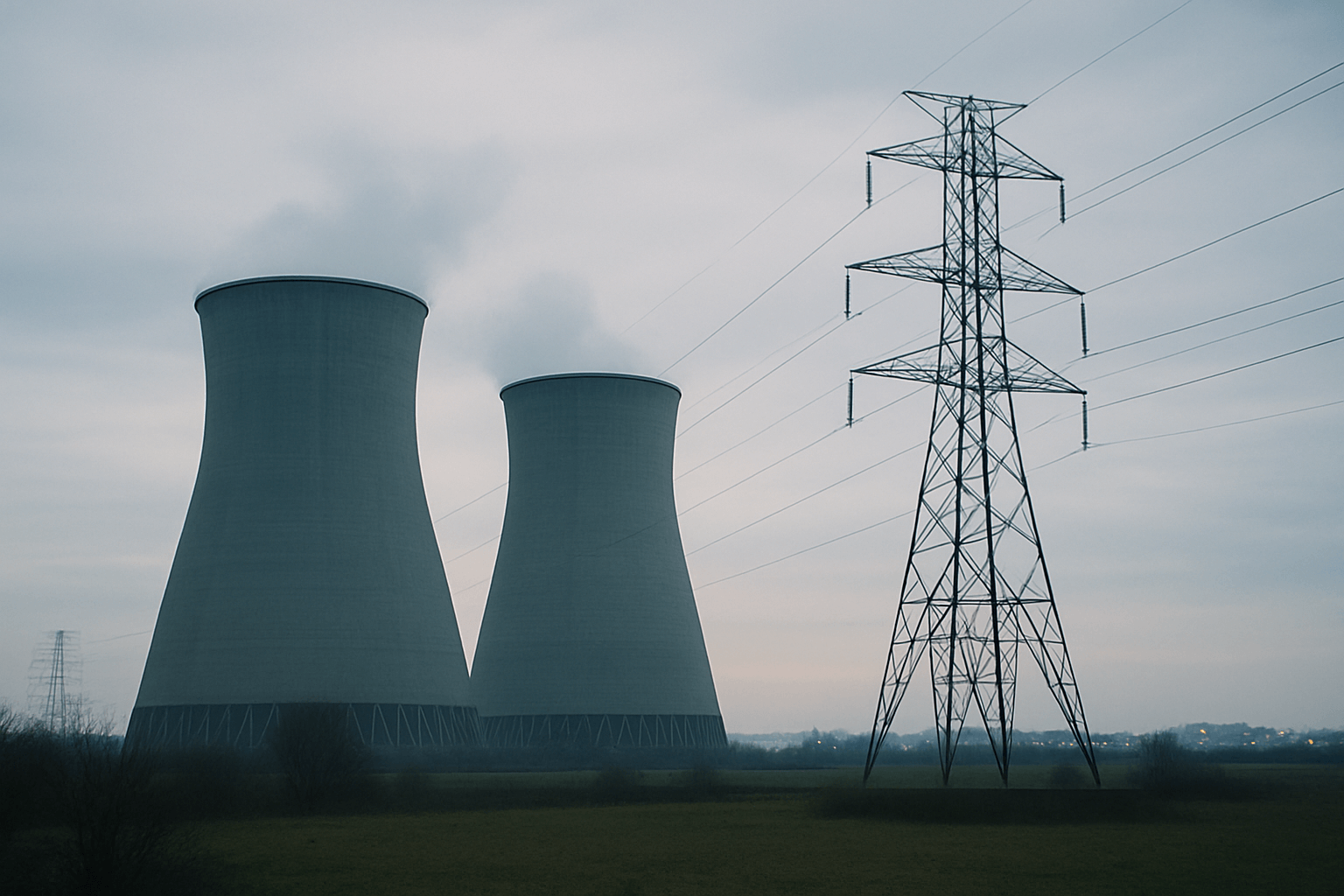Blackout Spain: How to Prepare for a Power Outage
Is Germany, Europe, or the USA at Risk of a Similar Power Outage?
Yesterday, Spain experienced a nationwide, massive power outage. All households and businesses suddenly found themselves without electricity – and even today, some regions are still affected. This event vividly demonstrates how vulnerable modern infrastructures are.
But what does this mean for us in Germany, Europe, and the USA? How high is the risk of a blackout? And most importantly: How can you effectively prepare for a power outage?
What Should You Do in Case of a Sudden Power Outage?
When the power goes out, every minute counts. Here’s a step-by-step guide:
1. Stay Calm
Panic helps no one. Take a deep breath and collect yourself before taking further action.
2. Check the Power Source
- Is there a local problem (e.g., a tripped fuse)?
- Or is the entire block or street affected?
3. Gather Information
- Use mobile network and mobile data (use sparingly).
- Turn on emergency radio (battery-powered or hand-crank radio).
- Check social media or apps of local authorities.
4. Protect Devices
- Unplug electrical devices.
- Particularly sensitive devices like TVs or PCs should be protected from power surges. For this, there are UPSs, or uninterruptible power supplies, which can buffer for some time even during a power outage.
5. Save Energy
- Use mobile phones, flashlights, and other battery-powered devices only when necessary.
- Use power banks and solar chargers.
How Can You Prepare for a Major Power Outage?
Good preparation makes the difference in an emergency. Here are the most important points:
Emergency Equipment for Power Outages:
✅ Flashlights (with spare batteries)
✅ Battery-powered or Solar-powered Radio
✅ Charged Power Banks and Solar Chargers
✅ Water Supply (at least 2 liters per person per day for 3-5 days)
✅ Food Supplies (canned goods, dried fruits, nuts, energy bars)
✅ Cash in Small Bills
✅ Gas Stove or Camping Stove (with adequate ventilation!)
✅ Thermal Blankets, Sleeping Bags
✅ Candles and Lighters (use with caution!)
Additionally Important:
- Always keep your car’s gas tank half full. Gas stations might not function during a blackout.
- Emergency contact list on paper. Mobile phones could fail or run out of battery.
- A fixed meeting point for family and friends.
Important: Even with a Solar System, You’re Often Without Power During a Blackout❗️
Many think: “I have a PV system – so I am protected in a power outage.”
But in most cases, this is unfortunately wrong.
Why?
Most photovoltaic systems (PV systems) are grid-connected. This means:
- When the public power goes out, the system automatically shuts off.
- This is legally regulated to prevent power feedback into the grid (life-threatening for technicians).
What Do You Need to Still Have Power?
✅ A Power Storage (Battery) AND
✅ an Emergency Power Function / Backup Power Socket / Backup Power Capability
Only special systems (e.g., with backup box, emergency power switch or backup power function) can continue to supply power during a power outage – and often only for certain consumers (such as lights, router, or refrigerator).
Tip: Check if your solar system has a so-called “backup power circuit” – or if it can be retrofitted. ❓
Can a Blackout Also Affect Germany, Europe, or the USA?
The short answer:
Yes – the danger exists, albeit to varying degrees.
In Germany:
- Very stable power grid due to decentralized supply.
- Increasing strain due to energy transition, electricity exports, and fewer base-load capable power plants (e.g., nuclear phase-out).
- Critical loads are possible on extremely hot or cold days.
Expert opinion: The probability of a nationwide blackout is low, but not zero. Local or regional power outages are more likely.
In other European countries:
- France: Heavily dependent on nuclear power; shortages threaten in case of technical problems.
- Italy/Spain/Portugal: Higher vulnerability due to heat, overload, and outdated grid infrastructure.
In the USA:
- Significantly higher blackout risk than in Europe.
- Extreme weather events such as hurricanes, cold snaps, or overheating regularly stress the grids.
- Examples: Texas blackout 2021, California power outages during heatwaves.
Why Did the Power Outage Occur in Spain?
Although the official cause is still under investigation, initial reports point to the following combination:
- Sharply rising electricity consumption, especially due to air conditioning.
- A high proportion of photovoltaic systems that provide strong feed-in at midday – but can also make the grid unstable if there are not enough storage facilities or flexible consumers.
- Lack of grid buffering and load control, which can culminate in interregional power outages.
Spain has invested heavily in solar energy in recent years – which is ecologically sensible but makes the grid more susceptible to fluctuations if sufficient storage and control technology doesn’t grow alongside it. And: Such chain reactions can develop anywhere where supply and demand suddenly no longer match.
Conclusion: Preparedness is the Best Protection
A massive power outage can become a reality faster than we think. Those who are prepared protect themselves and their families from unnecessary stress and potential dangers.
Act now, before it’s too late:
- Stock up on supplies
- Upgrade devices
- Create emergency plans
As the saying goes:
“Crises rarely come with advance warning.”

